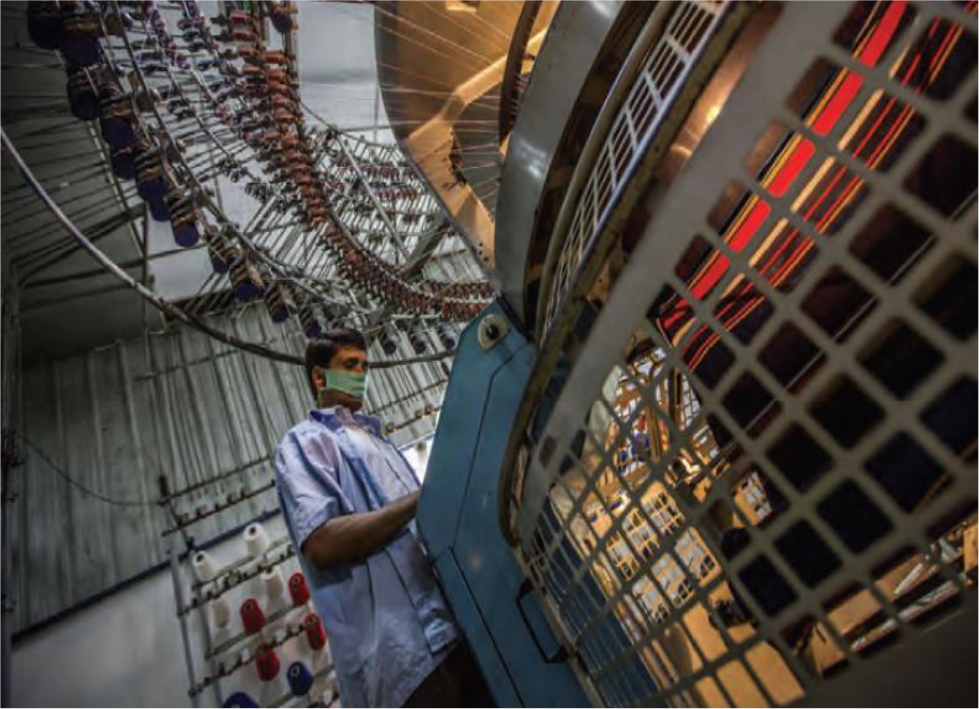
The services sector is a key driver of economic growth of ASEAN Member States (AMS), accounting for 40-70 percent of Gross Domestic Product (GDP). ASEAN’s total trade in services more than doubled from USD 254 billion in 2005 to USD 590 billion in 2013.
Recognising the growing importance of services in the global economy, AMS developed and implemented the ASEAN Framework Agreement on Services (AFAS). AFAS was signed by the ASEAN Economic Ministers (AEM) on 15 December 1995 in Bangkok, Thailand. It aims to enhance cooperation to improve the efficiency, competitiveness and supply of services, and liberalise further the trade in services among AMS.
When ASEAN decided to pursue economic integration as inscribed in the ASEAN Economic Community (AEC) Blueprint, the free flow of services was identified as one of the key elements of a single market and production base. This means services can be provided and service suppliers can operate seamlessly across the region, thereby supporting cross-border trade and investment. The integration of services also means suppliers can consolidate their market regionally to take advantage of economies of scale. Consumers benefit through wider range and higher quality of services at more competitive prices.
Thus far, ASEAN has concluded eight AFAS packages of commitments under the purview of the AEM, with the 9th package now near completion. Among the sectors covered by these packages are business and professional services, construction, distribution, telecommunications, tourism, and maritime transport. Air transport services and financial services are also being liberalised under the purview of the ASEAN Transport Ministers and the ASEAN Finance Ministers, respectively, with eight packages completed for air transport and six for finance. With each package, AMS commit more subsectors and a deeper level of liberalisation. The approach is to eliminate restrictions on crossborder supply and consumption abroad of services, allow higher foreign equity participation, and progressively remove various other restrictions.
In its present form, an AFAS package consolidates all commitments made under the General Agreement on Trade in Services (GATS), previous AFAS packages, and improved or new commitments made for the current package. This means stakeholders have full information on the services commitments made by AMS in both the World Trade Organisation (WTO) and AFAS by examining the latest AFAS package.
Towards achieving greater regional services integration post-2015, AMS are reviewing and enhancing AFAS to take into account various developments such as the services elements in ASEAN’s Free Trade Agreements (FTAs) with Dialogue Partners, the AEC Blueprint, and various other emerging regional architectures.
1. AFAS and its Schedules: Commitments Made under the ASEAN Economic Ministers
2. AFAS and its Schedules: Commitments Made under the ASEAN Finance Ministers
3. AFAS and its Schedules: Commitments Made under the ASEAN Transport Ministers
For more information, please visit http://www.asean.org/communities/asean-economiccommunity/item/asean-framework-agreement-on-services or send an email to aimo@asean.org
Source: asean.org
Share: